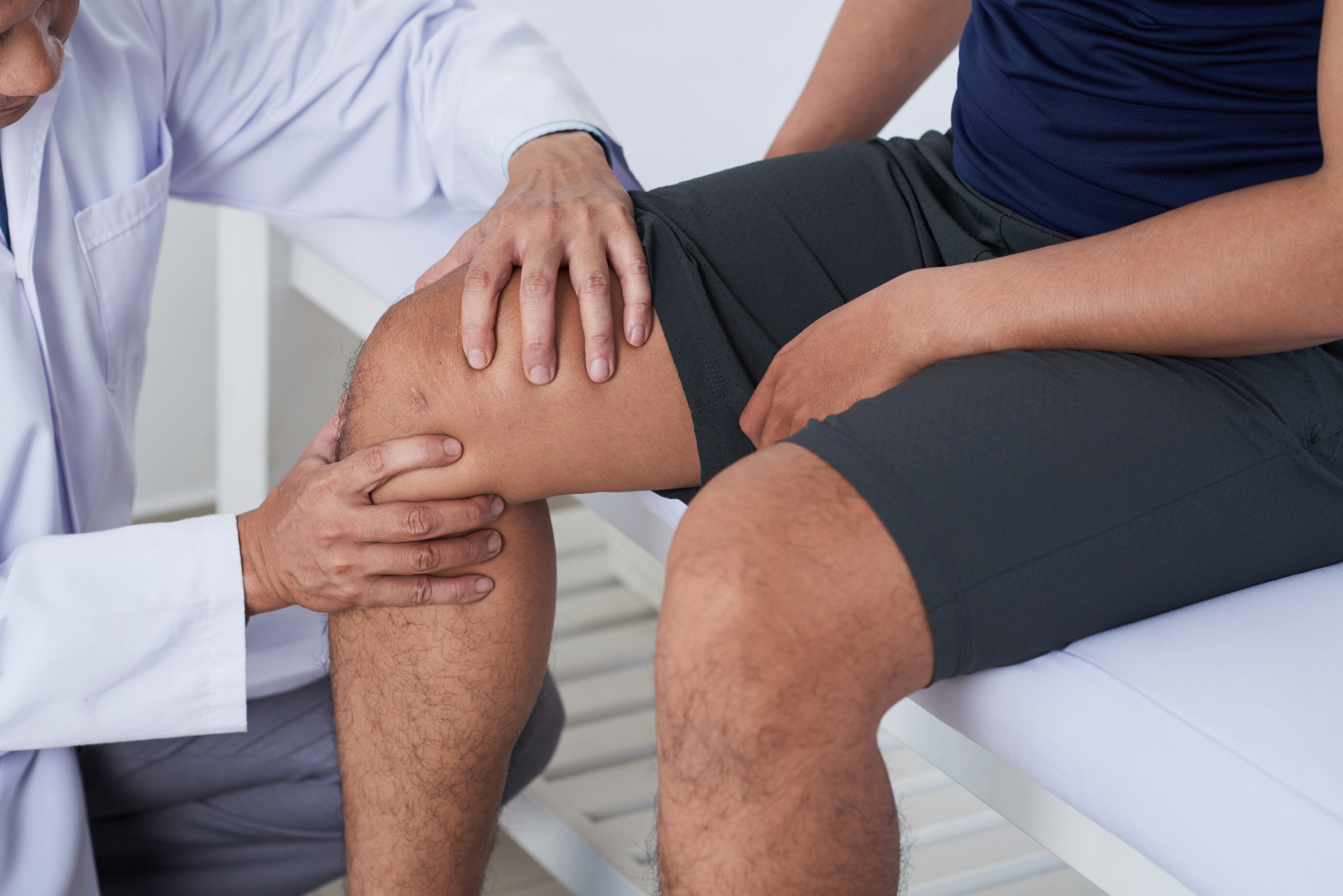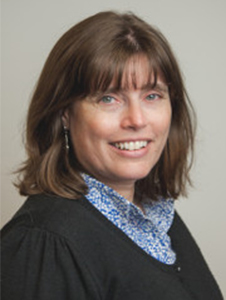Recruitment for this study is now closed.
We will share results of this study on this webpage.
Participating in the study

You may be eligible if you:
- 45 years or over
- Have pain in your knee or knees (more than 15 days in the last month)
- Have knee stiffness and can't get your knee fully straight
- Are not having other treatment for your knee
To register for the study
Email kneeOA@otago.ac.nz
or
Call 0800 687 489 (0800 OU PHTY)
(Please mention the Opti-OK study when you contact us)
What will you be asked to do?
You will be invited to the School of Physiotherapy for an initial assessment. We will check you are eligible for the study. Your knee will be examined for signs of osteoarthritis, including palpation and measurement of movement. You will then answer some questionnaires and perform some simple physical tests. Data gathered will include health information, costs associated with your osteoarthritis and questions about your income. This should take between 45-60 mins.
There will be three follow-up assessments (four weeks, seven weeks and six months), when you will complete the same questionnaires and physical tests. These sessions should take about 30 – 45 mins each.
After the baseline assessment you will be randomly assigned to one of three groups.
- Group A will have manual therapy once per week for six weeks.
- Group B will have manual therapy twice per week for three weeks.
- Group C is the control group and will not have manual therapy.
As the study is about treatment frequency, it is important you can commit to the allocated appointment frequency. All three groups will be taught an exercise programme, tailored for their knee osteoarthritis, for them to carry out at home. A NZ registered physiotherapist will provide treatment in appointments lasting about 45 mins. There will be no charge for any of the physiotherapy appointments.
Your involvement in the study will last over a period of six months.
Participant Information Sheet available as pdf here
This study has ethical approval from Southern Health and Disability Ethics Committee
Ref: 21/STH/81 and is funded by the Stanley Paris Research Fellowship.
More about the study
 The main aim of the Opti-OK research is to identify optimal frequency of manual therapy treatment for people with knee osteoarthritis. While there is growing evidence about the effectiveness of manual therapy for managing knee osteoarthritis, many aspects of dose have yet to be determined, including the frequency of treatment. In the absence of a scientific rationale, such decisions may be based upon convention, convenience, or cost considerations.
The main aim of the Opti-OK research is to identify optimal frequency of manual therapy treatment for people with knee osteoarthritis. While there is growing evidence about the effectiveness of manual therapy for managing knee osteoarthritis, many aspects of dose have yet to be determined, including the frequency of treatment. In the absence of a scientific rationale, such decisions may be based upon convention, convenience, or cost considerations.
Manual therapy is the application of physiotherapist-generated forces attempting to restore normal movement to joints and the surrounding soft tissues. Studies have shown it to be a useful intervention for people with knee osteoarthritis.
Two study groups will receive manual therapy at different frequency of appointments per week, plus some exercise therapy to do at home. One group will have a single session of physiotherapy to teach them exercises to do at home. Exercise therapy is recommended by numerous international guidelines as a core intervention for people with knee osteoarthritis.
This research is led by Dr Cathy Chapple. Cathy has been involved in several studies investigating physiotherapy interventions for knee and hip osteoarthritis. Cathy also has a wealth of experience as a practicing clinical physiotherapist.
